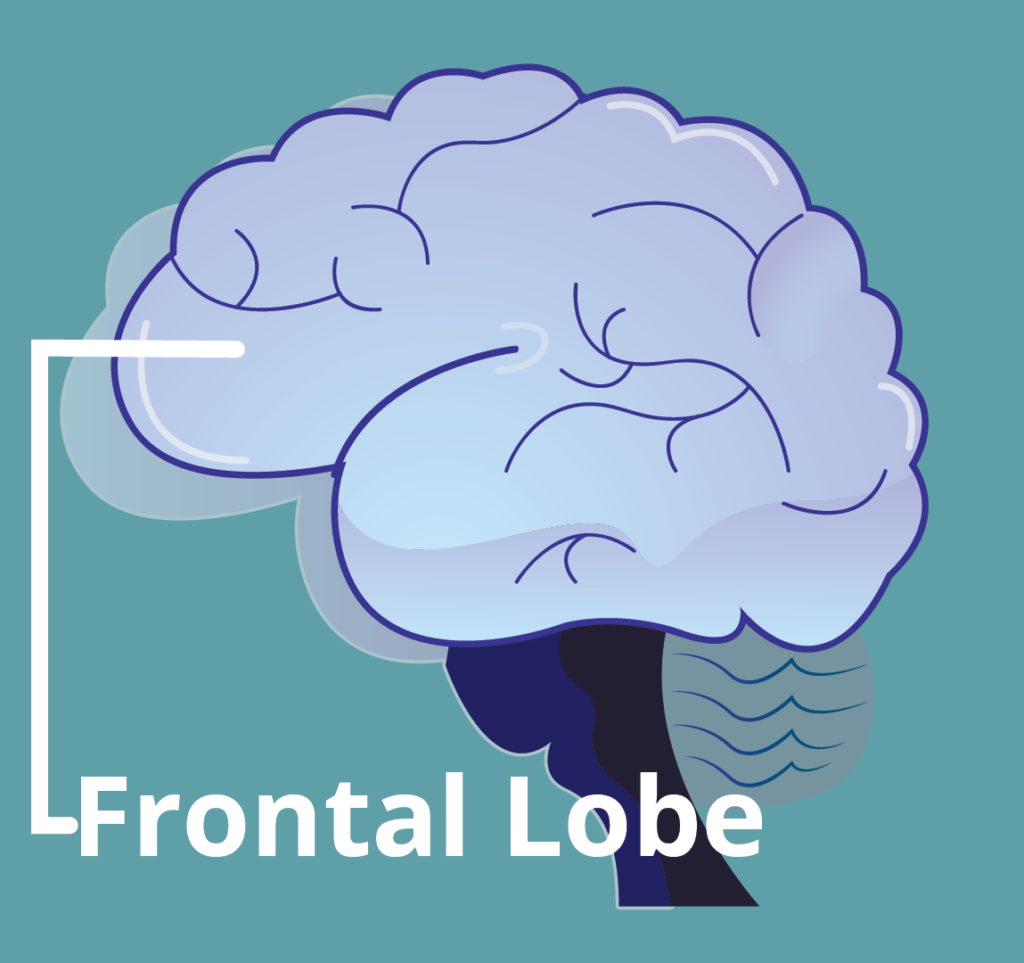Fear is something we all feel at some point or another. Fear of getting robbed, fear of being attacked by a wild animal or snake, fear of dying of a deadly disease, or fear of losing a loved one… well, the list can literally go on and on.
Fear is connected to the very core of survival of a species. It is what protects us in the face of imminent threat. Fear prepares us to overcome danger; it simply makes us avoid a potentially hazardous situation in the first place. Can fear of something manipulate us into act in a certain way without much logical reason? Can an outside force make use of fear in us to bend our will at their whim, as a means of facilitating their personal propaganda? Not only the answer is yes but also there are plenty of similar incidents reported throughout the history; Furthermore, there exists a valid scientific explanation behind this. Today on Tiny Medicine, we’ll look into how politicians all over the world make use of neuropsychology of fear towards establishing their power in a very subtle way.

With the invention of functional MRI, scientists have gained new insight into how different regions in the human brain activate in response to different stimuli. They have identified that a structure called Amygdala, a part of the limbic system in the temporal lobe of the brain is responsible for processing fear, on top of other emotions including sexual desires. The ultimate goal of the amygdala is to ensure the survival of species. If for some reason, generating fear is not enough to get through a dangerous situation, stimulation of sexual activity for the purpose of reproduction, ensures the continuation of the species. It is believed that this part of the brain which is responsible for the fight or flight response developed way before the development of the areas responsible for cognition.

The frontal lobe is the part of the brain which regulates higher executive functions like cognition and language and it is quite powerful in what it does. However, even the frontal lobe sometime fails to exercise full control over regions like the amygdala, which have been developed in the earliest stages of evolution. For example, we sometimes find individuals with very high intelligence being caught in sexual offences. Scientifically speaking, this is because their frontal lobes have failed in preventing the amygdala from giving rise to strong yet harmful emotions through logic and reason.
The human brain is hardwired in such a way that connections from the emotional system to the cognitive system are stronger than connections from the cognitive system to the emotional system.
Sometimes when survival is at stake, sensory information about the threat bypasses the cerebral cortex and first reaches the amygdala through an alternative pathway involving the thalamus. This allows a quicker response before the brain could process all inputs and analyze the dangerous situation.
These mental shortcuts that our brain develops and helps us make important choices are called, “heuristics”. One such important shortcut, that we use frequently is, “the affect heuristic.” This allows us to make snap judgments mainly based on our emotions rather than rational and well-assessed decisions.
What will happen when decisions are made solely based on strong emotions like fear? As one would predict, the outcome is not always beneficial.
An English philosopher, Edmund Burke once said, “No passion so effectually robs the mind of all its powers of acting and reasoning as fear”. Case in point; fear often clouds our judgement and disrupts our thought process. Political leaders make use of this principle to persuade people into making decisions otherwise they will not make.
Countries rise and fall depending on how well they face challenges and cope with their fears. It is the duty of national leaders to guide people through hard times overcoming their fears.
But, on the contrary, there is a group of political leaders who exploit fears of citizens for their own political benefit. They are known as “Demagogues”. They encourage people to act in a certain way, or make certain decisions, promising safety and national security in return.
As human beings we are capable of anticipating possible threats and prepare in advance. But we are also capable of conceptualizing imaginary threats. What will happen if a large group of people are made to believe an imaginary threat is real? This can evoke a fear response as strong as a real threat would impose, but with greater consequences.
When people are confronted with a bigger issue, people tend to focus more on its magnitude rather than its probability. For instance, after the 9/11 incident which had a huge emotional impact on the nation, a majority of Americans firmly believed Iraq as a country under the leadership of Sadam Hussen is responsible for the lives lost.
To be accurate, the leaders at the time made them believe so. When the government claimed Iraq had nuclear weapons, and they were working together with Osama bin Laden to plot against America, despite plenty of evidence to the contrary, people believed it without any hesitation, mainly because people were afraid of any possible future attacks.
So, they supported the government’s decision to go to war against Iraq. This response was a bit blown out of proportion, as in reality, Iraq was not posing an imminent threat to America at the time. This led to a waste of resources, that otherwise could have been used to catch the real terrorists responsible for the attack.
Sometimes the effect of fear may last decades as fear can create memory circuits inside the brain. Past experiences evoke fear responses when triggered by an incident at present. Feeding off tragic memories of the past as a means of establishing power is not something new to the political world.
Politicians all across the globe, throughout history, have been using fear politics to gain power and realize their goals. Most likely, they will continue to do so for many years to come.
So, the real question is; will you succumb to the force of exaggerated fear, and be a pawn in their political propaganda? Or will you make use of your own frontal lobe and logically identify what is more plausible from what’s not, without just swimming with the current? At the end of the day, the choice is truly yours!
